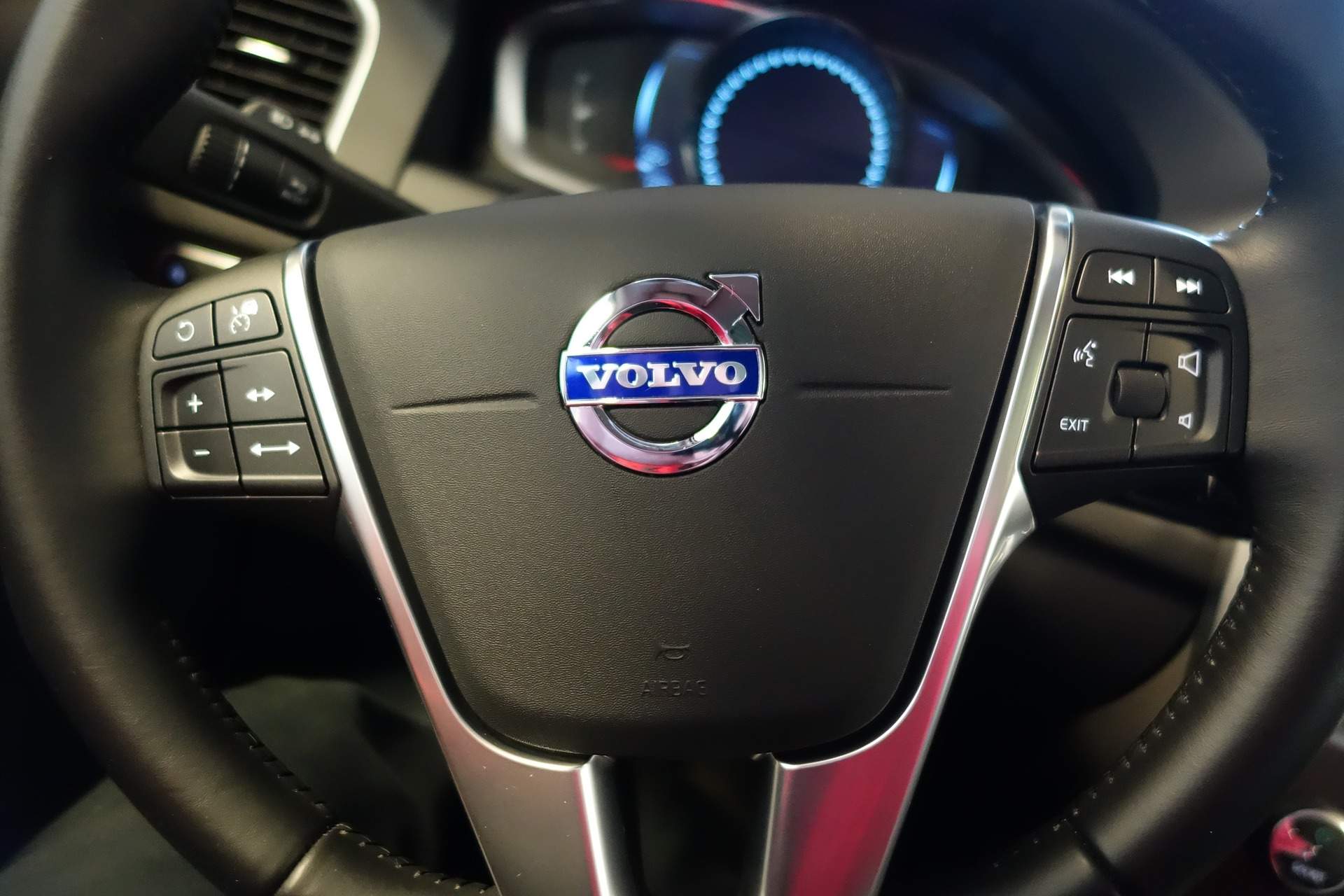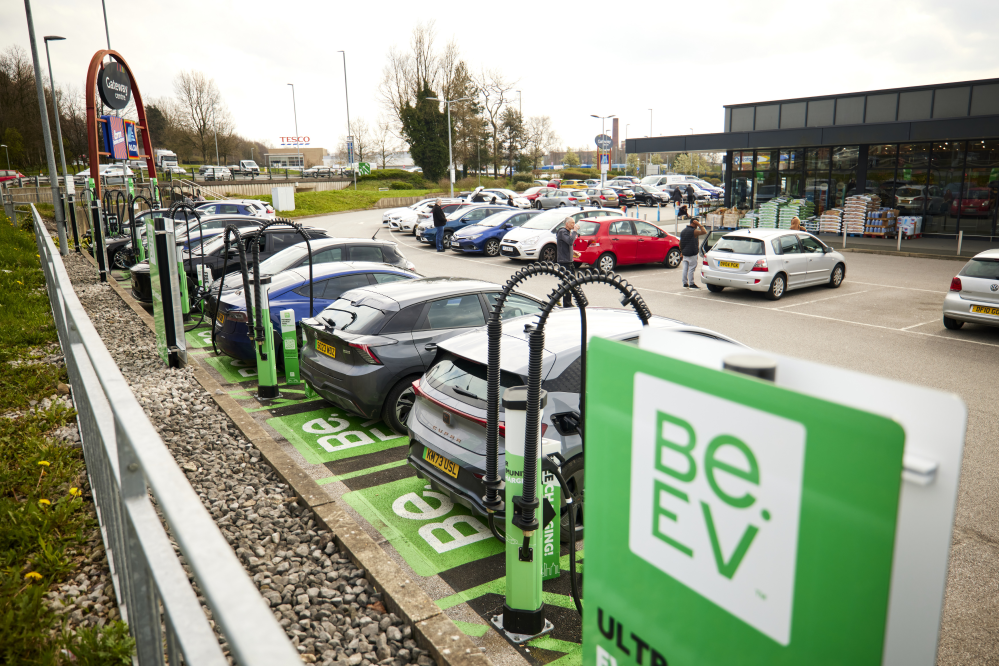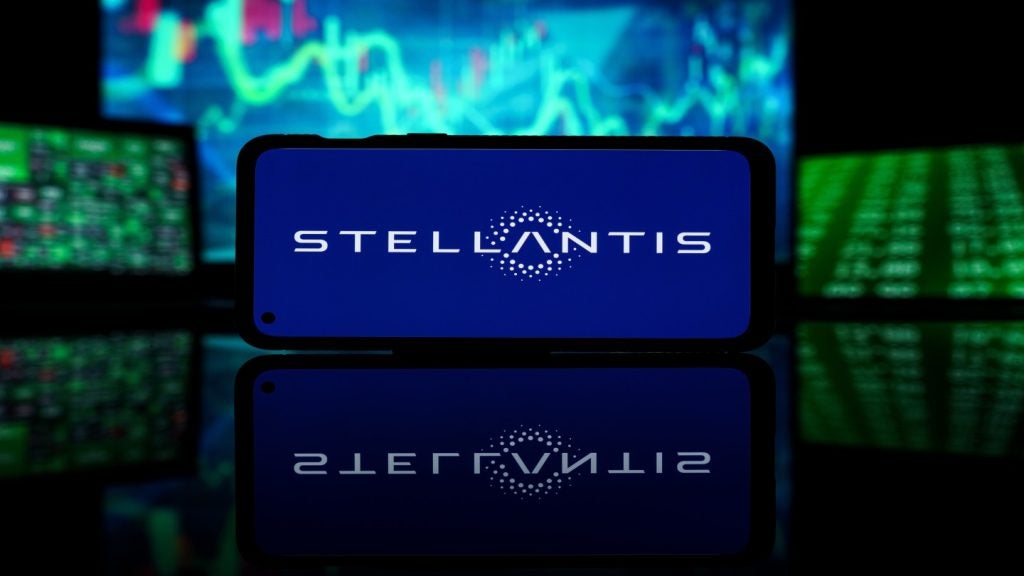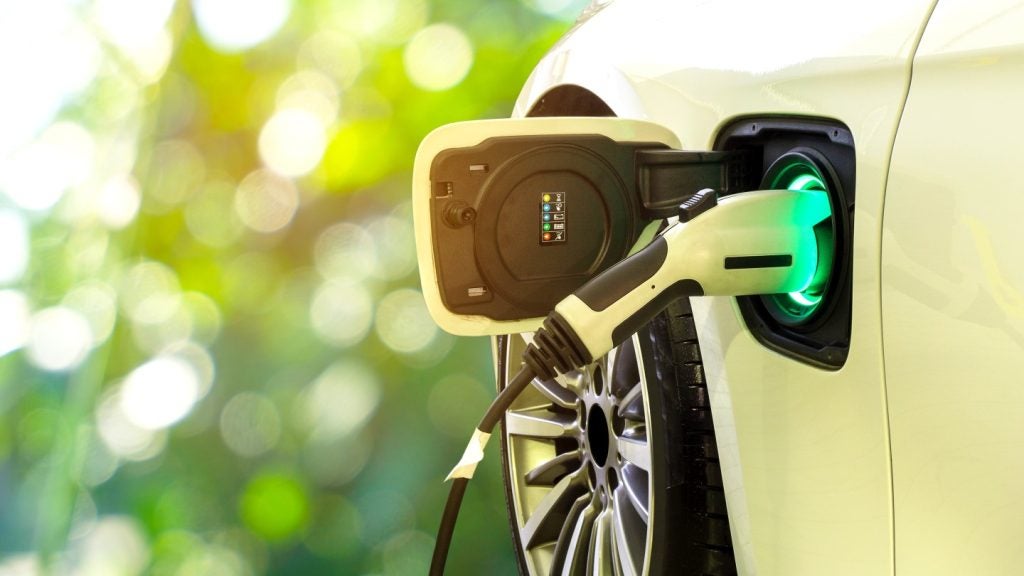
Volvo Cars has announced a strategic shift, deciding to cease funding for Polestar Automotive Holding, the luxury car brand in which it holds a substantial stake.
Instead, control for Polestar will be transferred to China’s Geely Holding, Volvo’s top shareholder. The announcement triggered a positive market response, with Volvo Cars’ stock surging more than 30% when markets opened following the announcement..
The move aims to alleviate concerns raised by analysts who viewed Volvo’s significant involvement in Polestar, where it holds approximately 48% of the shares, as a potential drain on Volvo’s resources.
The decision follows challenges faced by Polestar, similar to other electric vehicle (EV) brands and startups, especially in the wake of a price war instigated by Tesla last year.
Polestar, which went public in June 2022 through a special purpose acquisition company (SPAC) merger, has struggled, with its shares plummeting over 83% since its public debut.
The brand recently announced job cuts of approximately 15% of its global workforce, citing challenging market conditions.
How well do you really know your competitors?
Access the most comprehensive Company Profiles on the market, powered by GlobalData. Save hours of research. Gain competitive edge.

Thank you!
Your download email will arrive shortly
Not ready to buy yet? Download a free sample
We are confident about the unique quality of our Company Profiles. However, we want you to make the most beneficial decision for your business, so we offer a free sample that you can download by submitting the below form
By GlobalDataVolvo Cars contemplated transferring Polestar shares to its shareholders, a move that would make Geely a significant direct owner of the luxury brand. Volvo’s stock surged by 20%, following a 32% increase at market open.
In response to the decision, Geely Holding welcomed the opportunity to support Polestar independently. The Chinese group assured that it would provide full operational and financial backing for the luxury brand without requiring a reduction in its shareholding in Volvo Cars.
While some analysts, including Bernstein, anticipate a potential sell-down of shares in Volvo by the Geely ecosystem, the move raises questions about Polestar’s viability.
The brand aims to achieve cash flow break-even by 2025, but industry analysts have speculated on the possibility of integrating Polestar into Geely for a more streamlined approach.
In contrast to Polestar’s challenges, Volvo Cars reported a robust performance in the fourth quarter, exceeding expectations. The operating income, excluding joint ventures and associates, rose to 6.7 billion Swedish crowns ($643.83 million), compared to 3.9 billion in the same period the previous year.
Volvo’s battery-electric vehicle (BEV) margin reached 13% in the quarter, supporting CEO Jim Rowan’s assertion that margins will continue to rise, despite industry concerns about EV demand and potential margin pressures.
Cars are getting 1 cm wider every two years







